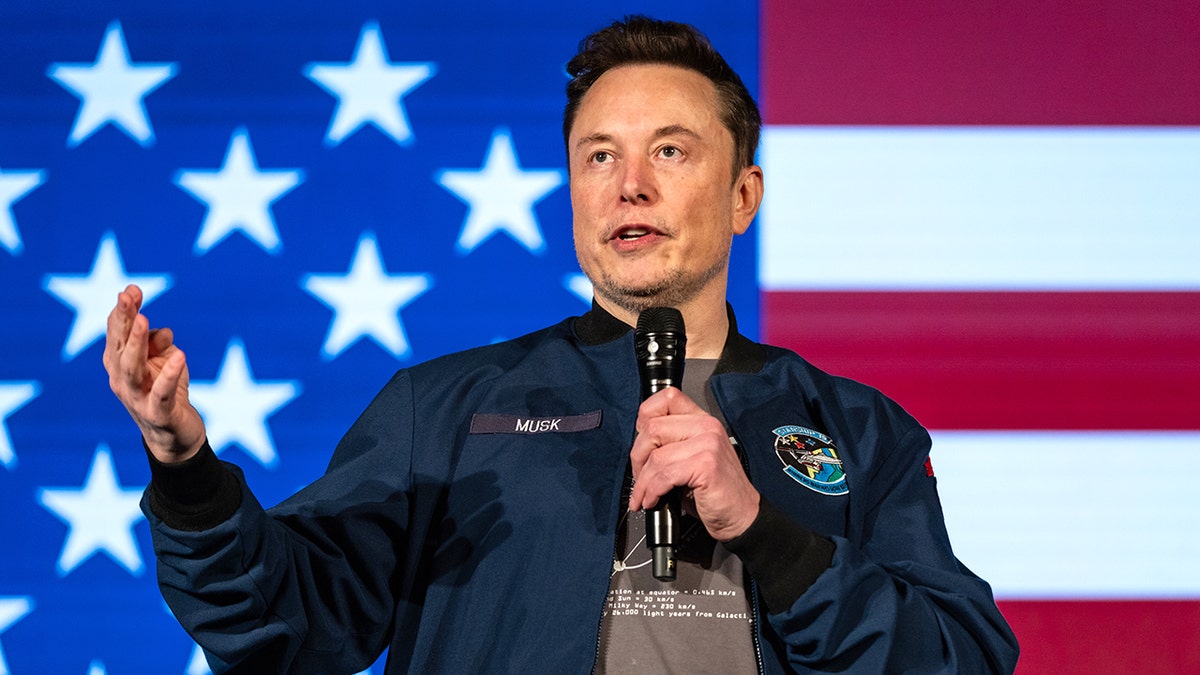While Elon Musk's vocal support for the H-1B visa program sparked discussions about immigration, it overshadowed a critical issue: the declining math proficiency of American students. This deficiency fuels the need for foreign talent in specialized fields.
The H-1B program grants visas to individuals in specialty occupations requiring advanced knowledge and higher education. A significant portion of these visas goes to computer-related fields, highlighting the tech industry's demand for skilled workers.

The core problem isn't a shortage of American workers, but a shortage of Americans with the necessary math skills. The 2024 National Assessment of Educational Progress revealed a concerning 72% of eighth graders failed to reach proficiency in math, a significant increase from 2019.
This decline can be attributed to ineffective math instruction. The adoption of Common Core standards, intended to improve math education, has instead hindered learning by prioritizing indirect problem-solving methods over fundamental mathematical operations.

Educators like Michael Malione point out the inefficiency of methods like drawing pictures to multiply fractions instead of teaching direct multiplication. This approach leaves students struggling with basic concepts.
The root of the problem lies in the ineffective math education American students are receiving.
Studies have shown the negative impact of Common Core on math achievement. College professors also express concern over students' lack of fundamental algebra skills, hindering their preparedness for tech industry demands.

Experts advocate for a return to traditional math instruction, emphasizing memorization of math facts, sequential learning, and mastery of fundamental operations like long division.

By implementing effective math teaching methods, the U.S. can cultivate a domestic workforce equipped with the skills needed by high-tech companies, reducing reliance on the H-1B program.
Comments(0)
Top Comments